Camping is an enjoyable pastime for many, but it’s also an essential skill for those of us who identify as preppers. Knowing how to live outdoors comfortably, securely, and safely can give you the confidence you need to head off into the wild, knowing you will be able to provide both shelter and provision for yourself.
Surprisingly, a significant part of the population, including quite a few preppers, has never gone camping before. And honestly, if you’re prepping, camping should be part of your preparedness drills.
It sounds easy on the surface; all you have to do is pick a spot and pitch a tent, right? Yes, it is that simple on paper, but there is quite a bit more to it than that, and most seasoned campers can tell you many tales about their first outings that were fraught with mishaps and misadventures.
Experience is the best teacher, but a wise camper will learn from the experience of others so they have to learn it for themselves the hard way.
In this article we will be providing you with 20 time-tested camping tips for beginners that can ensure your initial camping trips go off without any snags. So grab your pack, load the tent and let’s get going.
1. File a “Flight Plan”

Far and away, the most essential tip on this list is the sage advice to file a flight plan before you head off anywhere camping.
A flight plan is simply a log, a note, or a message you leave, or even a conversation you have with someone prior to heading off on your adventure.
Your flight plan details where you are going, when you are leaving, when you are expecting to be back, and generally what you’ll be doing while at your destination. This is your single best piece of life insurance should you wind up in an emergency situation or just get lost.
A flight plan is essential when you are camping in any remote area, but also important if you are camping at a campground; after all, you might have to travel quite a ways through some seldom traveled roads just to get there!
Keep yourself and your group safe by filing a flight plan with a trusted person before you go, or at the bare minimum, leaving a note at your home that investigators can find.
A truly smart idea is to leave a voice mail greeting on your smartphone that details your flight plan. And, if you find yourself in trouble and unable to get help, even if you have no phone signal, quickly record a new voicemail greeting saying that you’re in trouble, you need help, and your last location so help can find you quickly.
2. Keep Your Initial Trips Short

Lots of people who are enthusiastic about camping dream of taking week-long journeys Into the wilderness, roughing it, really spending time and drinking deep in nature’s splendor.
You have to admit, the idea has some serious appeal, especially for those of us who don’t get enough fresh air and sunshine day-to-day, thanks to our jobs or other commitments.
But temper your enthusiasm: no matter how exciting the idea sounds, if you are not a seasoned camper, you should keep your camping trips short, no more than a day and a night or a couple of full days, tops.
The reasoning is simple: if things go wrong on a long expedition, you’ll be dealing with the consequences longer. If you are only out for a short hop, even when things do go a little sideways, you’ll have an easier time of it knowing you aren’t going to be gone for long.
Additionally, the logistics of planning lengthy outdoor trips become significantly more complicated than they usually are for a quick overnight trip there and back.
3. Keep It Close to Home
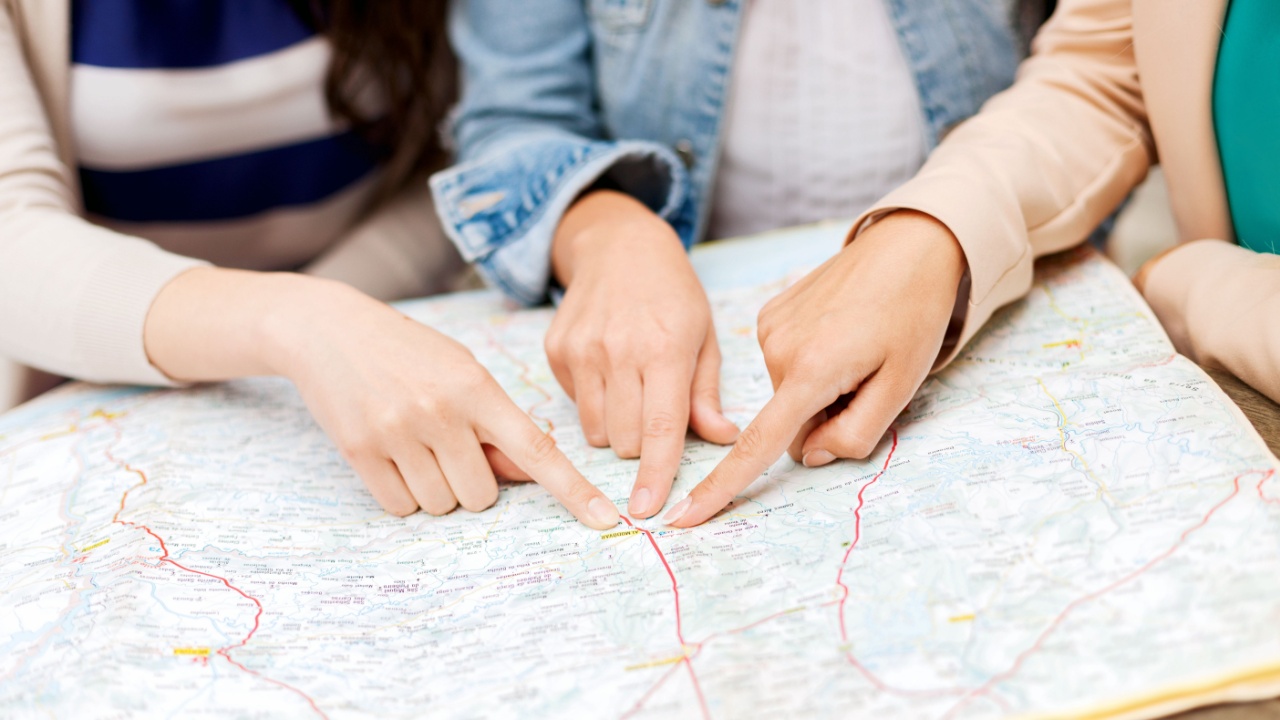
Veteran, hardcore campers will certainly scoff at this piece of advice, but it remains good advice for camping newbies: Keep your camping trips close to home at first.
Just knowing that home is not far away is a great confidence booster, and might even save your camping trip if you forget something essential.
Being able to drive for half an hour to your home to grab your item before making the return trip means you still have much of your day and all night to look forward to. Additionally if things do go wrong, you don’t have to drive very far when you are heading out with your tail between your legs!
I recommend that you stay within an hour’s driving distance of your home, or an hour’s drive within the city limits if you live in a metropolitan area.
There are plenty of campgrounds and remote camping spots within this range, no matter where you live, and you’ll have no trouble finding one that suits your preferences.
Everything gets more complicated the farther you are from home, and if you are a newbie camper, you have enough to worry about besides knowing you are hundreds of miles away from home base.
4. Do a Backyard Practice Run
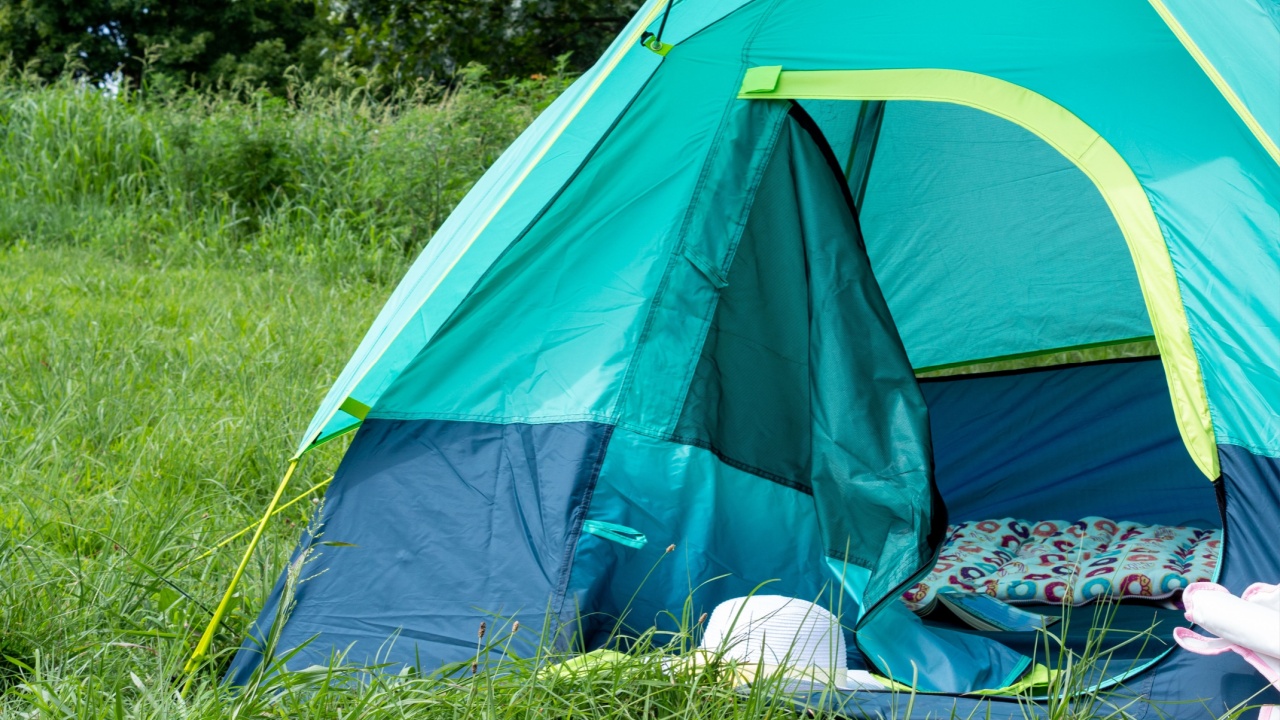
This tip combines the previous one. A backyard practice camping trip is a great idea if you don’t have much camping experience.
Sleeping outdoors is no longer the norm for most people, and you’d be surprised how anxious and unsettling it can be if you attempt it for the first time. A backyard practice run allows you to experience many of these changes in a controlled setting.
For instance, you’ll know if your tent is too hot or too cold, if your bedroll or sleeping pad is too scrawny, you’ll know if your bug spray works, and you’ll know how best to sling your hammock.
You can do pretty much everything you would while camping at a remote site or at a campground in your own backyard.
Sure, the neighbors will give you some funny looks, but who cares! This can also be an especially fun activity for would-be campers who have children, as the novelty of this event is sure to excite them.
5. Camp During Good Weather

You don’t have to prove anything to anyone by camping during unpleasant, nasty or dangerous weather. For goodness’ sake check the forecast before you leave your house and wait for mild weather during a good season before you go camping! At least until you are experienced. I don’t say this lightly, as this is partially a safety thing: Exposure is one of the single biggest killers when people are outdoors, and it does not take much in the way of accident or misadventure for you to get yourself into a dangerous situation even during decent weather. Your chances of getting into trouble are much, much higher when the weather is nasty.
And even if you don’t get into a jam, consider the fact that you are liable to be miserable if the weather is awful. You’re supposed to be enjoying yourself and learning, honing your skills. In that regard, you definitely want to walk before you run, and camping during periods of rough weather is certainly an advanced skill. It is true that you cannot predict every passing storm or every cloudy day, but modern weather forecasting has gotten pretty doggone good so make sure you take advantage of it before you head out to camp.
6. Take a Waterproof Outer Layer
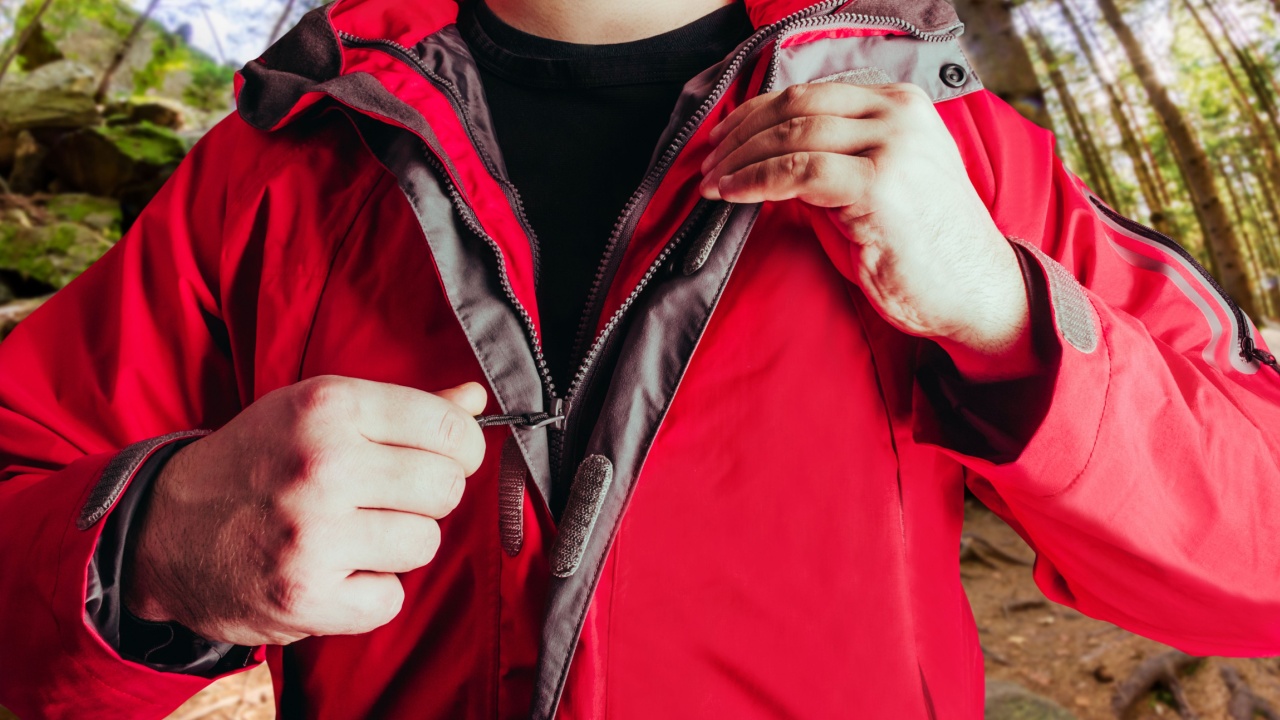
Just trust me on this one. No matter what kind of weather you are expecting, no matter how clear the forecast is, just take a waterproof outer layer with you, and preferably one that is otherwise suited for the climate you will be camping in.
Nothing will make you more miserable than being caught out of doors soaked clear to your skivvies. Once again, that is the first stone on the paved road to hypothermia, even in a mild climate.
You can spare yourself the worst of it just in case Mr. or Ms. Meteorologist was wrong by packing a waterproof shell and taking it wherever you go while camping.
7. Good Footwear is a Must

Sure, you might set up camp only to lounge lazily around the campfire day drinking, but chances are if you are going camping, you’re going to do at least a little hiking, exploring and rambling. Your first camping foray might even involve you hiking to your campsite.
For that reason, make sure you wear appropriate, sturdy footwear. Good footwear that is already broken in will prevent blisters, and help you keep your footing on the sometimes treacherous terrain of the great outdoors.
What’s more, footwear that is already comfortable and supple is suitable for sleeping in, something you might want to do, depending on where you’re camping and how.
Footwear that is removed and set handily about is sometimes not so easily found in the middle of the night when you need to use the bathroom or investigate just what is making that rustling in the bushes.
Additionally, quite a few critters are more than happy to make a pit stop for the night in your shoes, and you definitely don’t want to shove your toes in there when your boot or shoe is occupied!
8. Pick a Good Campsite
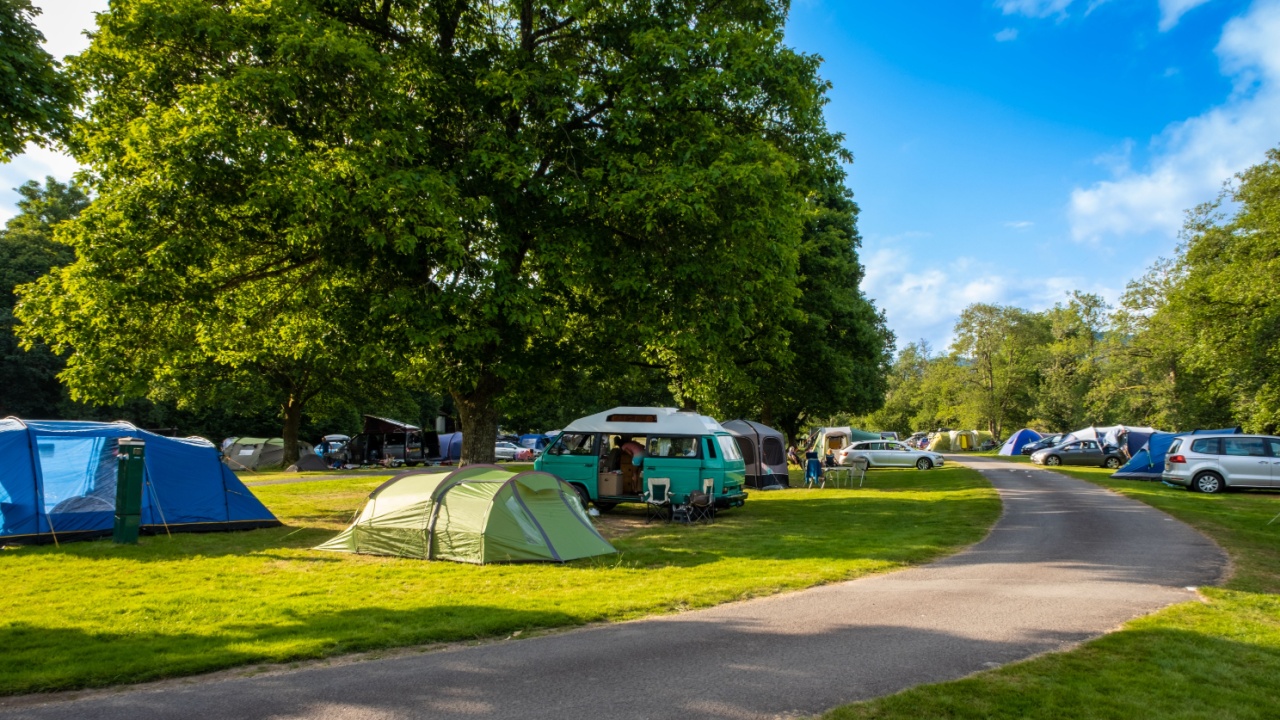
This is another tip intended to help prevent the masochism that sometimes overtakes new campers, that feeling that if you aren’t suffering, you aren’t really camping. Forget about that!
Take the time to pre-select a good campsite before settling in to pitch your tent or hang your hammock and properly make camp. This can make the difference between an enjoyable outing and prolonged misery.
A good campsite will be one that is level, shaded or exposed to sunlight depending on the climate, out of the path of any potential rainfall, and one that is reasonably easy to move in and out of.
Depending on how you’ll be sleeping, the ground should either be suitable for pitching a tent and sleeping on or have correctly spaced and sturdy trees for hanging your hammock.
The ground should be clear of debris and have enough space for building a campfire that will be easy to control and not present an undue risk of accidental spread. Follow these simple tips, and you will have a home away from home in no time!
9. Consider a Campground for Your First Time
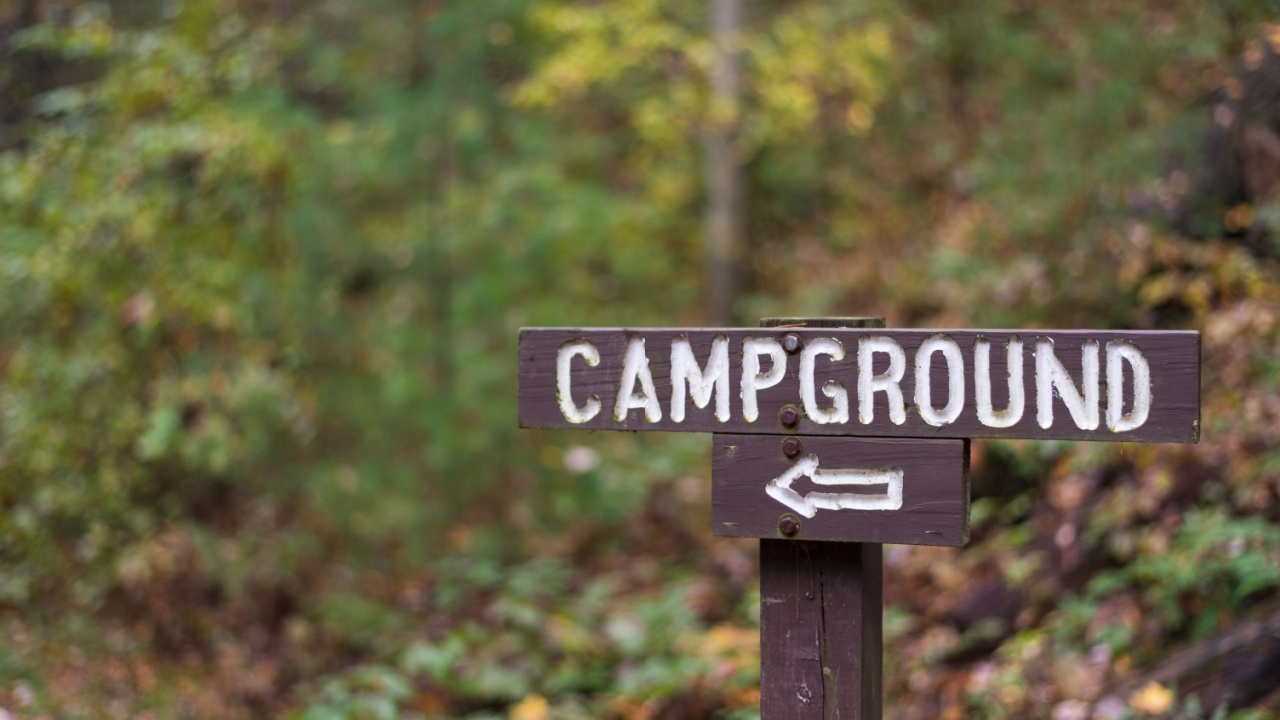
Though sometimes derided by serious, long-time campers, you should consider making your first outing at a proper campground with a few nearby amenities like bathrooms and showers. Again, crawl, then walk, then run.
Commercial or public campgrounds can address several of your concerns in one visit, such as how to get to your campsite, how to select your campsite, and what activities you’ll engage in while camping.
Well-equipped campsites provide useful facilities, general stores nearby, watercraft rentals, well-marked and well-mapped trails, and other amenities that veteran, hardcore campers think they are too good for.
Don’t pay any attention to those people! Set yourself up for success, especially if you have reservations about your abilities, and go to a campground for your first couple of outings. Before you know it, you will be an old, salty pro, too!
10. Arrive at Your Campsite Early
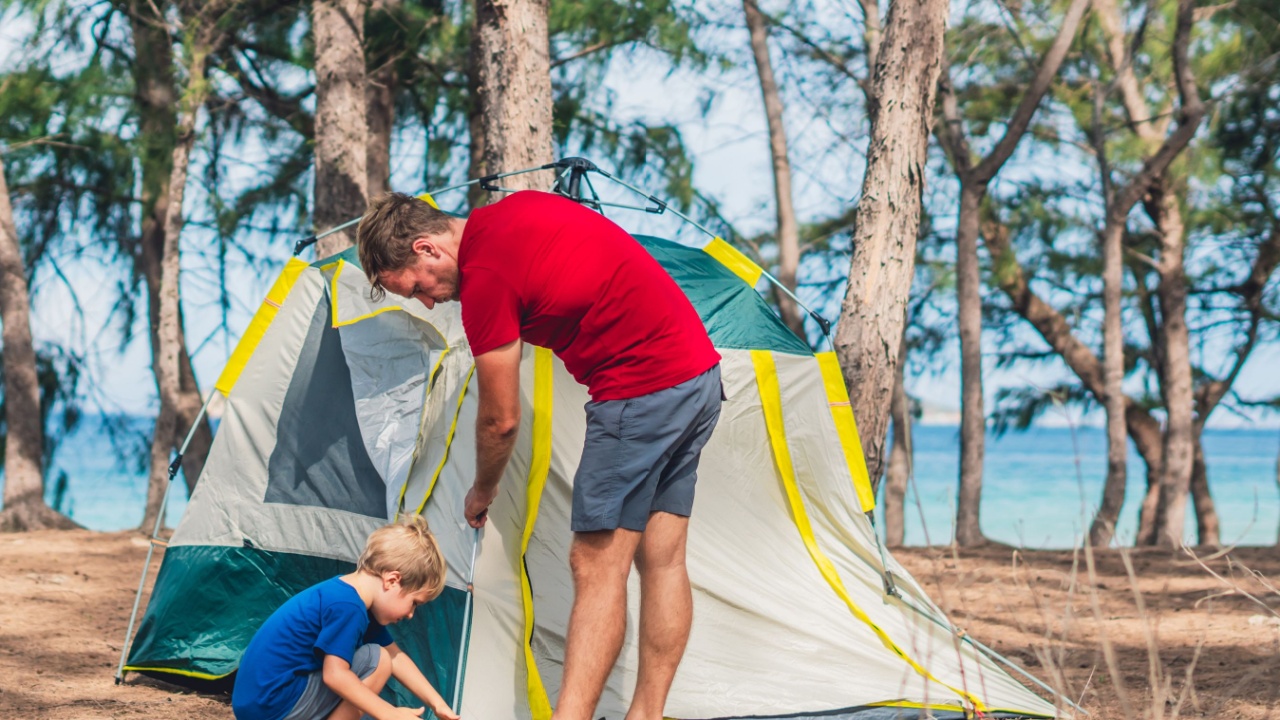
No matter where you are camping and what kind of campsite you have chosen, try to get to it early. It never fails that you will run into delays, detours, and distractions that will see you arriving to your campsite too late in the day to get it set up before you start to lose light or it starts to get cooler.
Getting a good jump on setting up your camp will let you kick back and relax as the day wears on or embark on other activities, knowing that your home is set up and waiting for you while you are gone.
Trust me when I say that trying to set up your camp for the first few times using only lamp light when you are already tired and it is growing colder by the minute is not a fun experience, and one that might put you off of camping entirely.
It is an important skill, and sometimes, you have to set up camp in less-than-ideal circumstances, but let’s try to save that for a little later, eh?
11. Maintain Awareness of Critters
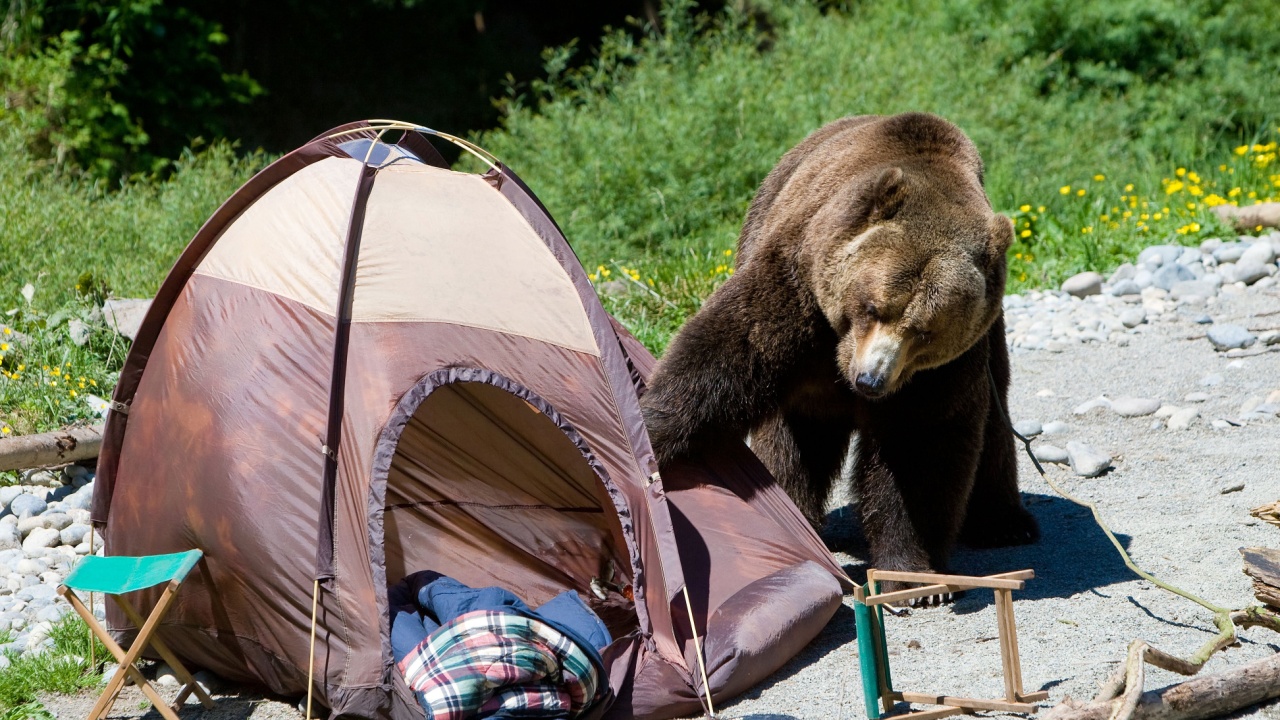
Anytime you go camping, you are going to be outside, because, obviously, you will be. Accordingly, you will be sharing this outdoor space with its original residents: mammals, reptiles, insects, and arthropods.
Most of them are harmless and want nothing to do with you, but some of them can hurt you, and a few of them can even kill you.
Accordingly, you want to make sure you brush up on which ones you can safely ignore, which ones will annoy you and which ones will hurt you.
Bees, wasps, various spiders, and scorpions are perennial concerns. Large mammals like bears and mountain lions must never be underestimated.
You must especially be on the lookout for snakes since they are often attracted to human campsites due to the warmth and shelter opportunities that they provide.
Rocks or soil warmed by a campfire or boots taken off after a long day of hiking both make very attractive shelters for snakes of all kinds.
Many campers can regale you with horror stories involving snakes crawling into sleeping bags, lurking in footwear, and generally being underfoot around camp.
You must also be especially cautious whenever you are hiking, and make sure you can see any place that you are going to place your feet or hands to ensure you do not disturb a motionless snake!
A bite from a venomous snake is very difficult to treat meaningfully while afield and is a life-threatening affair.
12. Keep Meals Simple
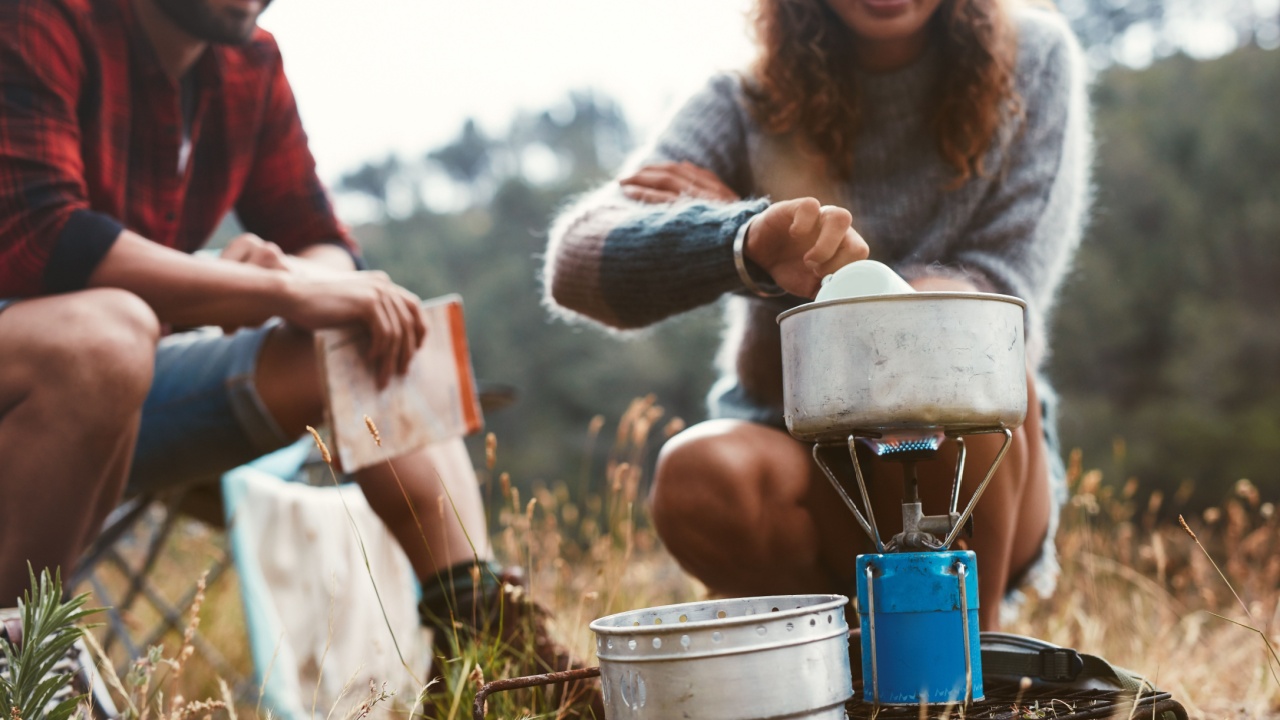
The simpler you can stand to live while camping, the happier you will be and the less work you will have to do.
Lots of folks enjoy good, hearty meals cooked over an open fire while camping, and this is undeniably enjoyable, but packing along a multitude of ingredients, many of them requiring refrigeration, is only going to add to your logistical burden and cargo weight.
If you’re only going to be out for a couple of days, you should not haul a full-sized ice chest with you unless you really, really want to.
Many campers embrace the situation and carry with them lightweight foods that are completely shelf-stable and require minimal preparation, such as MREs or dehydrated camper meals.
If you do want fresh fare, try to take along things that require minimal preparation and won’t worry you with spoilage. Dried or otherwise preserved meats, fruits, nuts and things of that nature are all good options.
If you are dedicated to enjoying superb culinary fare while camping don’t let me stop your fun, but do understand that hauling half the pantry and refrigerator with you will greatly increase your physical and logistical burden.
13. Take Along a Water Filter
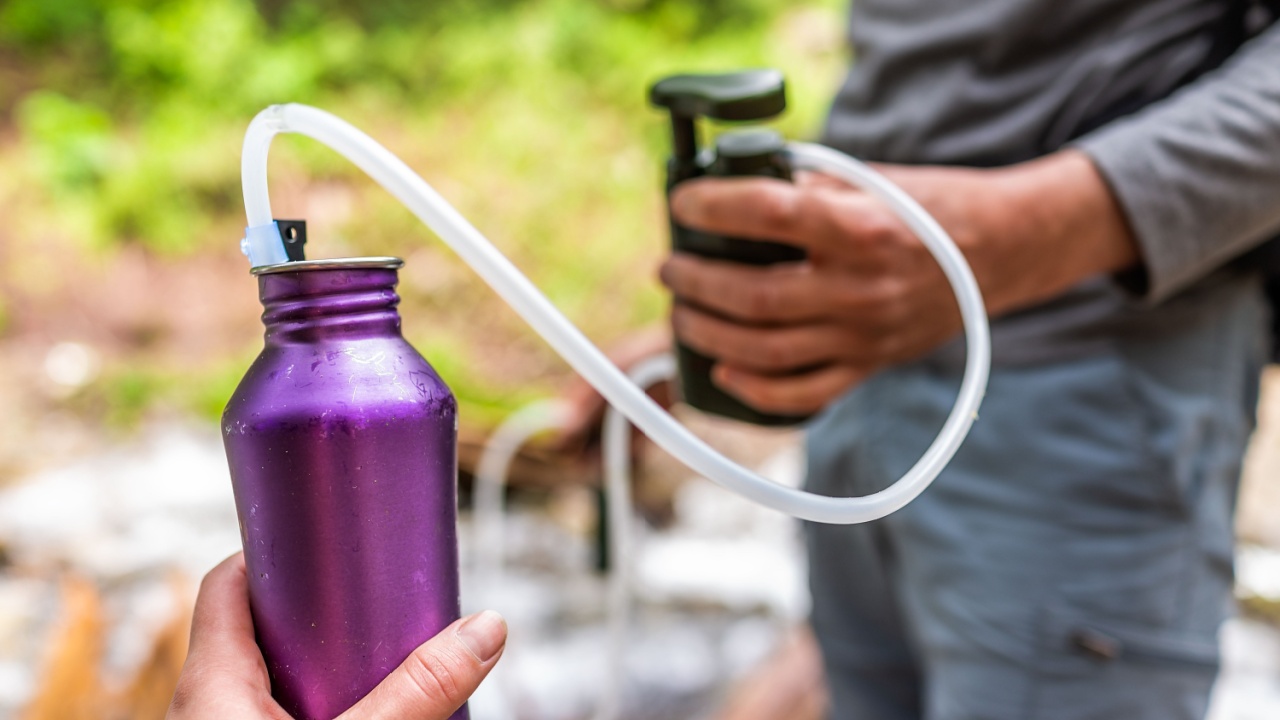
By taking a high-efficiency water filter with you, you can reduce your water weight and decrease your dependency on public water infrastructure.
Water is extremely heavy, and though it is a precious necessity in a survival situation, carrying any great quantity of it is going to wear you out and slow you down.
It is better to make use of found water supplies, but since you don’t want to get sick by ingesting whatever is hiding in the water you should use a water filter to screen out the debris, germs and parasites that are lurking there.
Modern water filters are extraordinarily efficient, and the very best can turn out incredibly pure water, doing it all with no power required and having a small and light footprint to go with you anywhere.
There is no excuse to not have one of these ingenious devices, and camping is the perfect opportunity to acquaint yourself with how it functions and how your water will look and taste after you use it.
14. Use Lighters
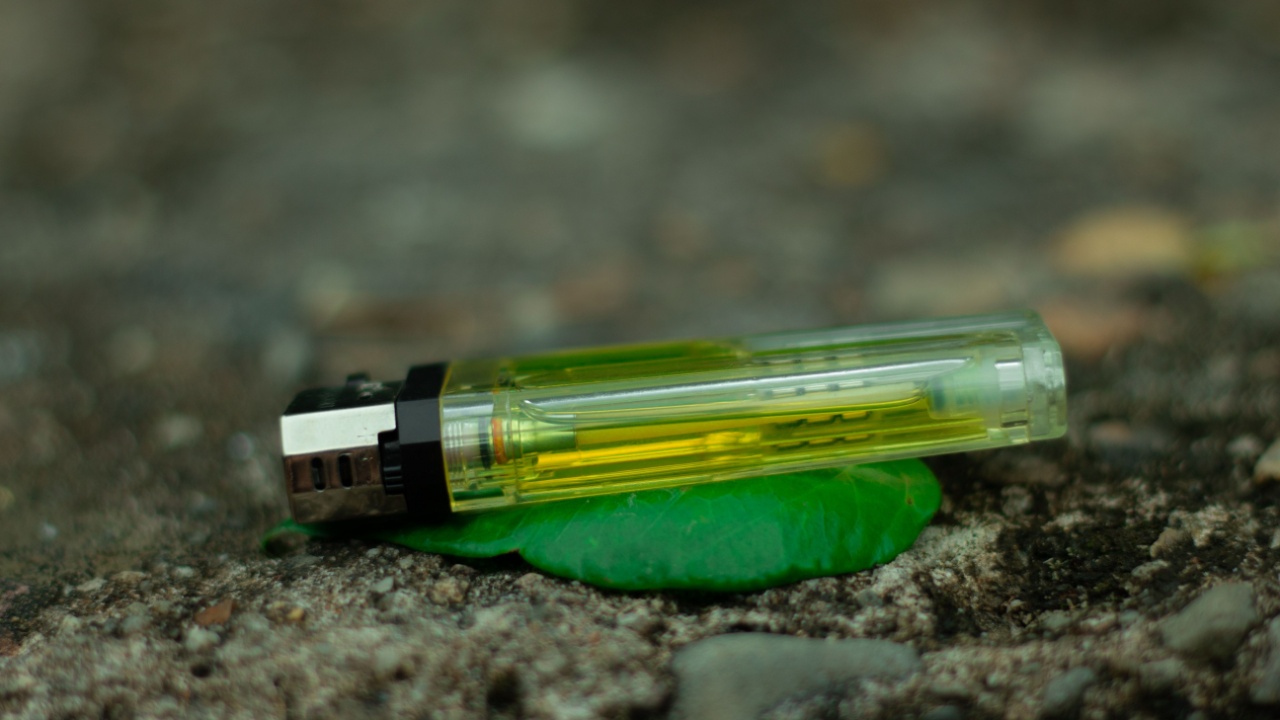
Having a camp fire is a necessity. Once again, hardcore campers and preppers often assert that you should be starting a fire using traditional methods or, at the very least, primitive tools.
This is a fine idea and, yes, camping is the ideal time to practice these vital skills in case of emergency. But when you want a fire going in a timely fashion, why not rely on the tools of our era? You should always carry with you a couple of common lighters and use those to start your fire.
It sounds like heresy to some primitive camping aficionados, but as a new camper, you probably don’t have a lot of experience or real skill with building or tending a fire, and that is going to be challenging enough. There is nothing wrong with using the right tool for the job.
15. A Sleeping Pad is a Must
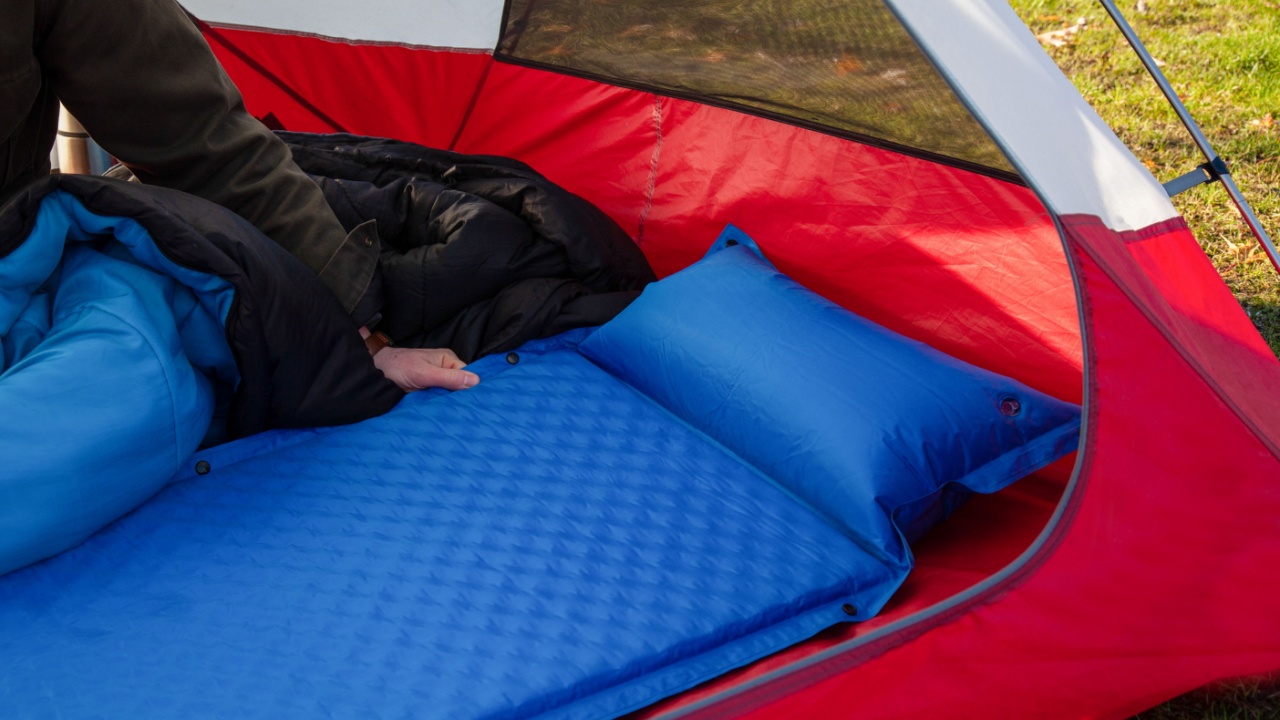
Too many beginning campers make the mistake of omitting a sleeping pad or some other kind of dense, cushioned ground cover when they head out for their first time. This is a terrible mistake for a couple of reasons.
First, you want something thick (or at least extremely insulating) between you and the ground to prevent heat loss. Trust me when I say that the earth itself will suck a ton of heat out of you, and leave you shivering in anything but the most ideal conditions.
Second, your sleeping bag might feel comfy and cozy at first, but between it and the paper-thin floor of your tent, it won’t be long before you are feeling every twig, pebble and undulation in the ground, creating pressure points and discomfort.
There are about a million choices of sleeping pad, from ultra-dense (but thin) foam rolls to compact inflatable mattresses.
You should pick the one that is right for you, but if you really have a taste for camping, you might consider the foam variety or even skip the problem entirely by choosing a hammock if they are suitable for use in your area.
16. Carry Plenty of Lights
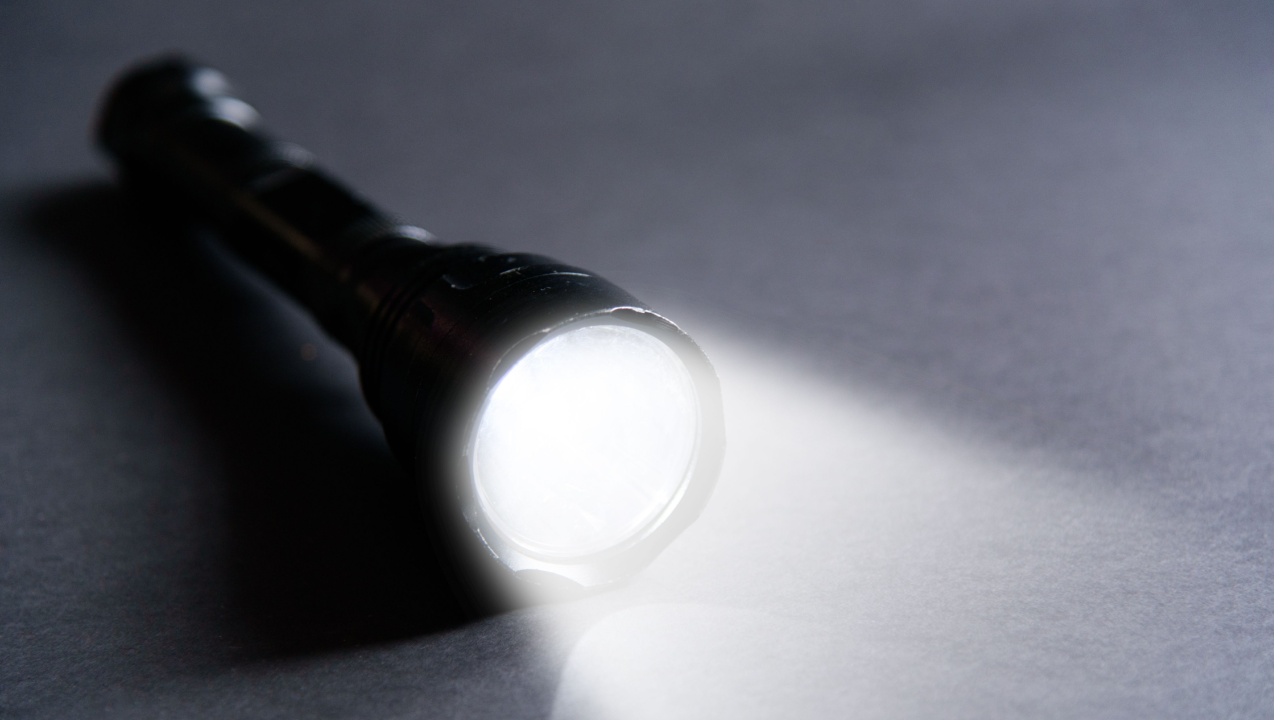
It is difficult to overstate just how dark it can get at night when you are outdoors and far from any residual light generated by human habitation.
Especially if you are camping in the forest beneath the canopy on a moonless, cloudy night you will quite literally be unable to see your hand in front of your face. It is like you are swimming in a bottle of ink!
A campfire will obviously provide you with plenty of light near your camp, but you won’t always have nor need a fire going and sometimes you will need to travel in the dark. So take plenty of flashlights and lanterns with you.
Remember the old advice provided by the military, that two is one and one is none; if one of your light sources runs out of power, gets broken, or just goes missing, you will be glad you have a backup.
Don’t skimp on the quality and capability of your lights, either. They could become especially important in an emergency situation, and you don’t want to be blundering around with a dinky, little light that provides about as much candlepower as a lit match. Don’t forget to bring spare batteries.
17. Never Go Without a First-Aid Kit
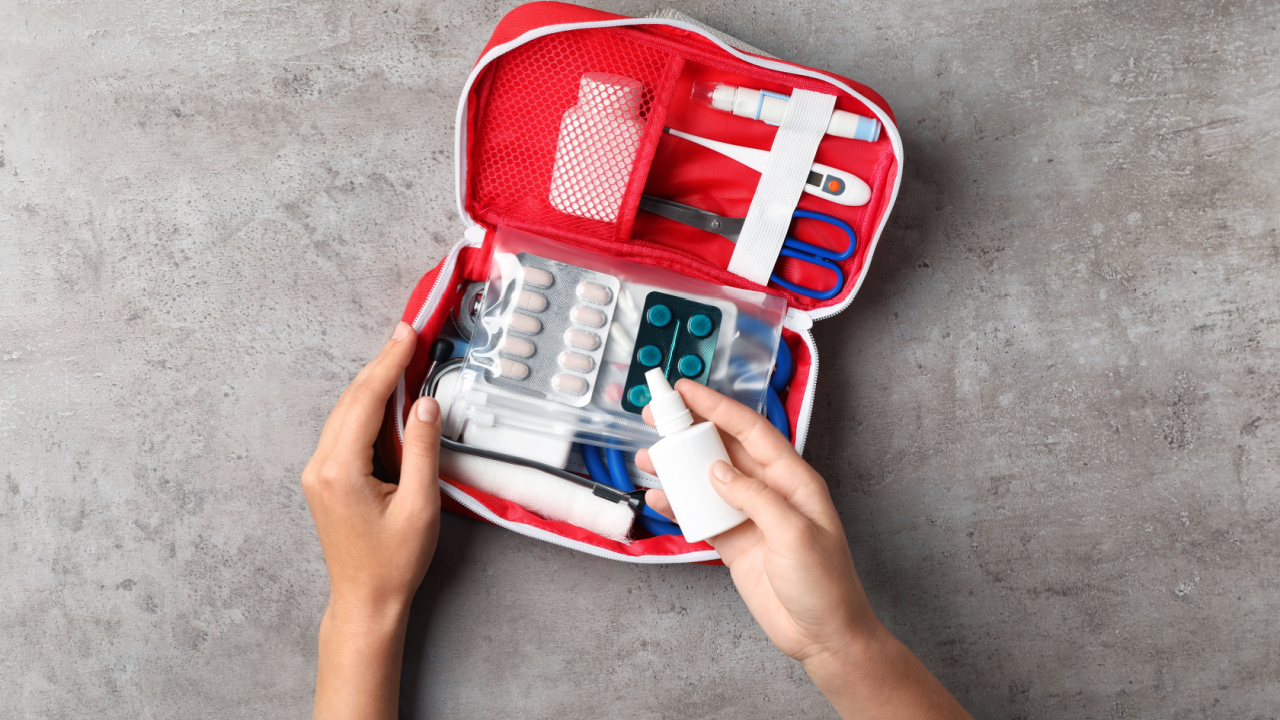
No matter how close to home you are camping, and no matter how sedate and pedestrian your campsite, accidents and injuries will happen when you spend time in the great outdoors.
When a bee stings, when you get a scrape off some brambles, or when you step on that piece of glass hiding along the shoreline, you’ll be glad you have a first-aid kit to mitigate the damage.
Your first aid kit might mean the difference between having to pack it in and call for help or continuing to enjoy yourself and your outing in spite of a minor boo-boo. It is true that you can improvise all kinds of first aid solutions when you are in a real pinch, but as I always like to say, improvisation is the province of those who did not prepare.
Remember, the farther out you go when camping, the less likely it is that you will be able to get help in a timely fashion when things turn serious, so never go without your first-aid kit.
18. Carry Smart Tools
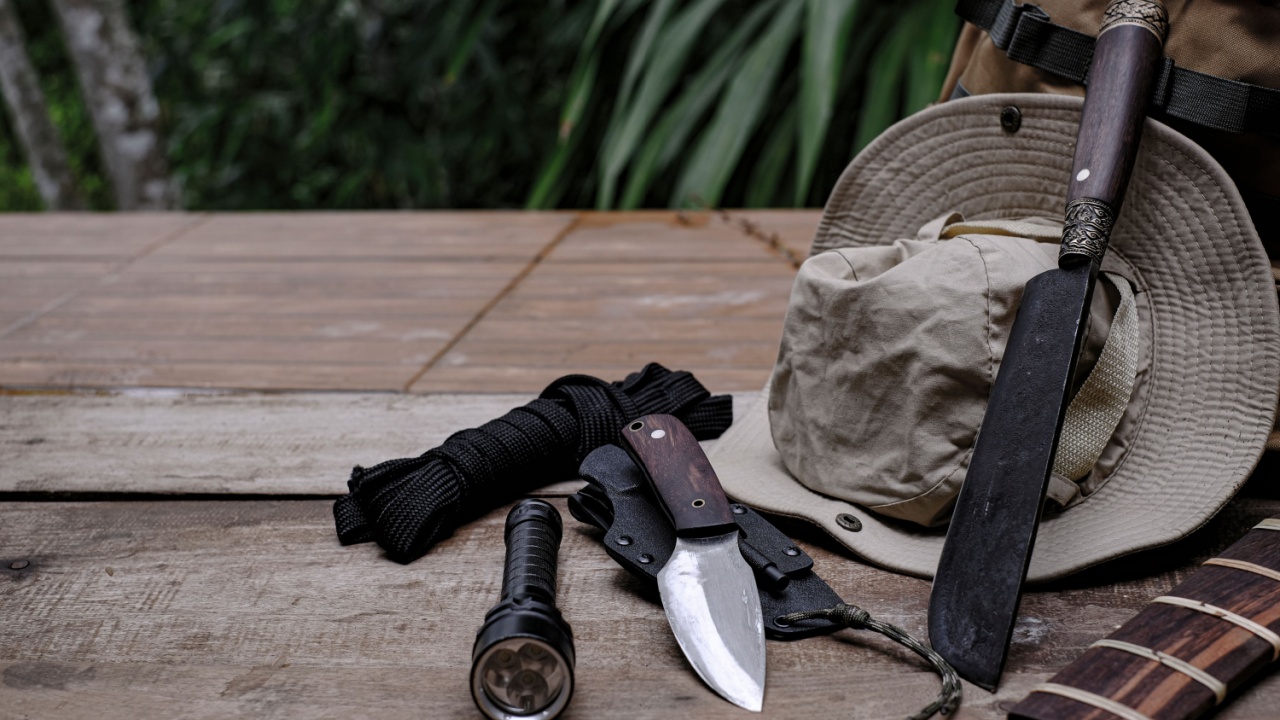
And I am not talking about your smartphone, though most of us can hardly be separated from them. I am referring to carrying camping tools that will make your life easy and your outing more enjoyable.
A good, sturdy knife is mandatory, though you need not carry some giant, Rambo-esque survival knife. From cutting cordage and processing firewood to engaging in a bit of enjoyable whittling, a knife is indispensable.
I also like to carry a lightweight folding saw, which can help me process firewood or clear a campsite in a hurry, and either a small hatchet or a lightweight folding shovel, commonly called an e-tool, depending on where I am going.
You’ll be glad you have the e-tool when it is time to dig a cat hole for your leaves or to make sure your fire is properly extinguished.
If you are camping in a densely wooded area or simply prefer it over a folding saw, a hatchet is always handy, but they are quite a bit more dangerous, so take care!
19. Be Wary of Elevation Changes
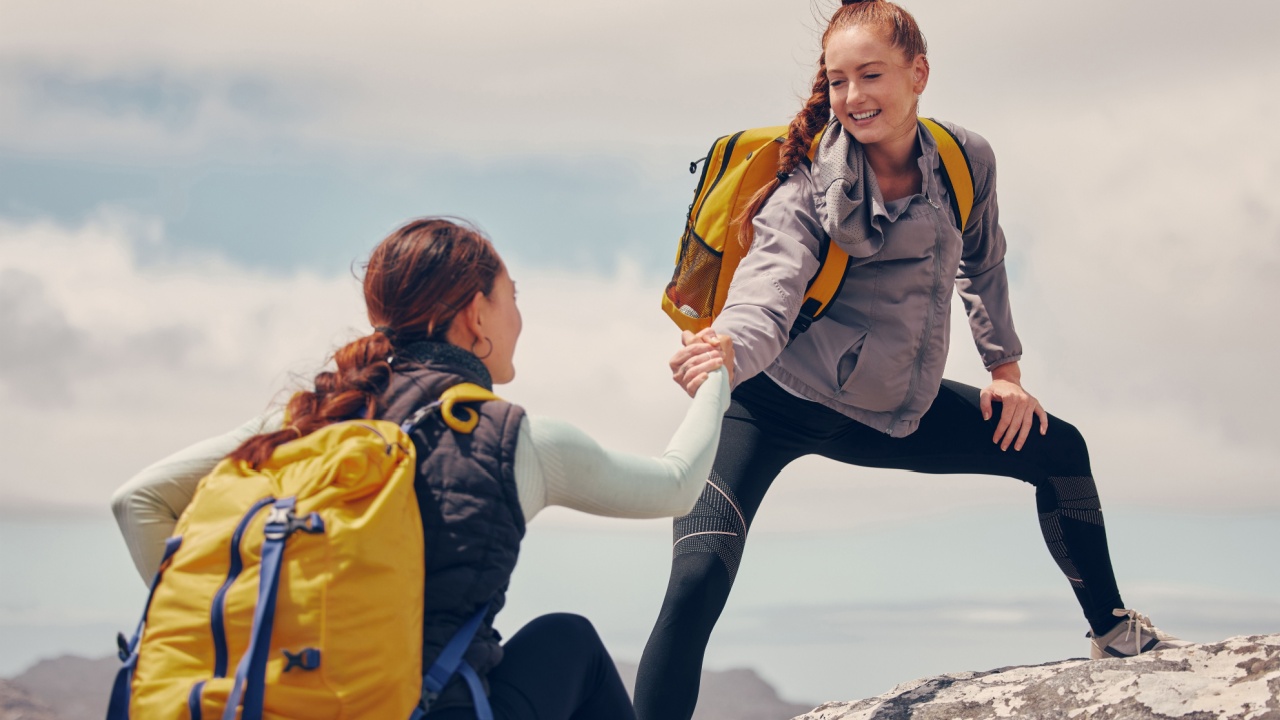
When you are heading out to your selected campsite or just leaving camp to go on a fun and rousing hike, be cautious of elevation changes.
The higher you go, the cooler the weather will get, and if you get wet and then encounter a cold snap at higher elevations, you’re at risk of hypothermia.
Additionally, going up or downhill requires more energy than traveling across the same kind of terrain that is more or less level, and comparatively short treks that feature many elevation changes can require far more exertion than you might be expecting.
The reverse is also true to a degree, as the lower you go the warmer an area will be, all things equal. Make sure you take elevation changes into account both for your activities and for your chosen campsite.
20. Use a Checklist

If checklists are good enough for launching, operating and berthing nuclear submarines, they are good enough for you. You should absolutely depend upon a checklist before heading for your campsite, and also before returning home. Your checklist should include vital items and equipment as well as procedures.
For instance, on your pre-departure checklist you could itemize filing your flight plan, packing your necessary gear, packing or necessary provisions, getting the weather report I’m pulling up directions to and from the campground.
Prior to returning home your checklist might have a second list of items and equipment to ensure nothing gets left behind or lost, a reminder to properly put out your campfire and so on and so forth.
Your brain might get fuzzy after a couple of days of exertion and revelry, but paper will remember, so you can depend on it to ensure that your camping excursion goes smoothly.
20 Crucial Supplies for Surviving a Societal Collapse

In the face of uncertainty, being well-prepared gives you at least some degree of control and security. The thought of a societal collapse, while extreme, prompts us to consider how we might endure without the conveniences of our current lifestyle. Here’s a list of 20 essential items that could prove indispensable in such a scenario. This guide isn’t about succumbing to fear but embracing preparedness and resilience.
14 Essential Canned Goods for Your Emergency Pantry
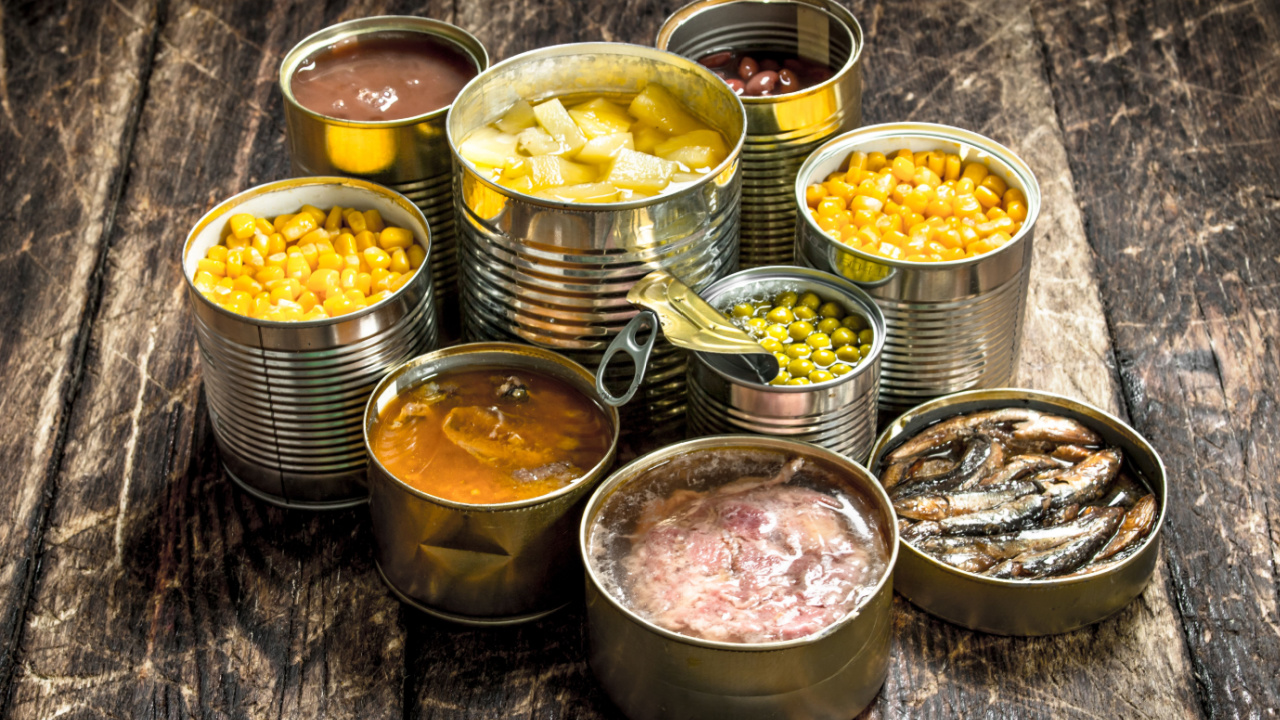
I firmly believe in keeping a well-stocked emergency pantry. While fresh food is ideal, in a survival situation, we may not be that lucky. So, for my family, even though we grow a lot of our own food, canned goods play a crucial role in emergency preparedness. They offer a reliable source of nutrition when access to fresh produce may be limited. The goods you stockpile should be affordable, easy to store, and full of nutrition.
Best Regions in the U.S. to Escape to When Society Collapses
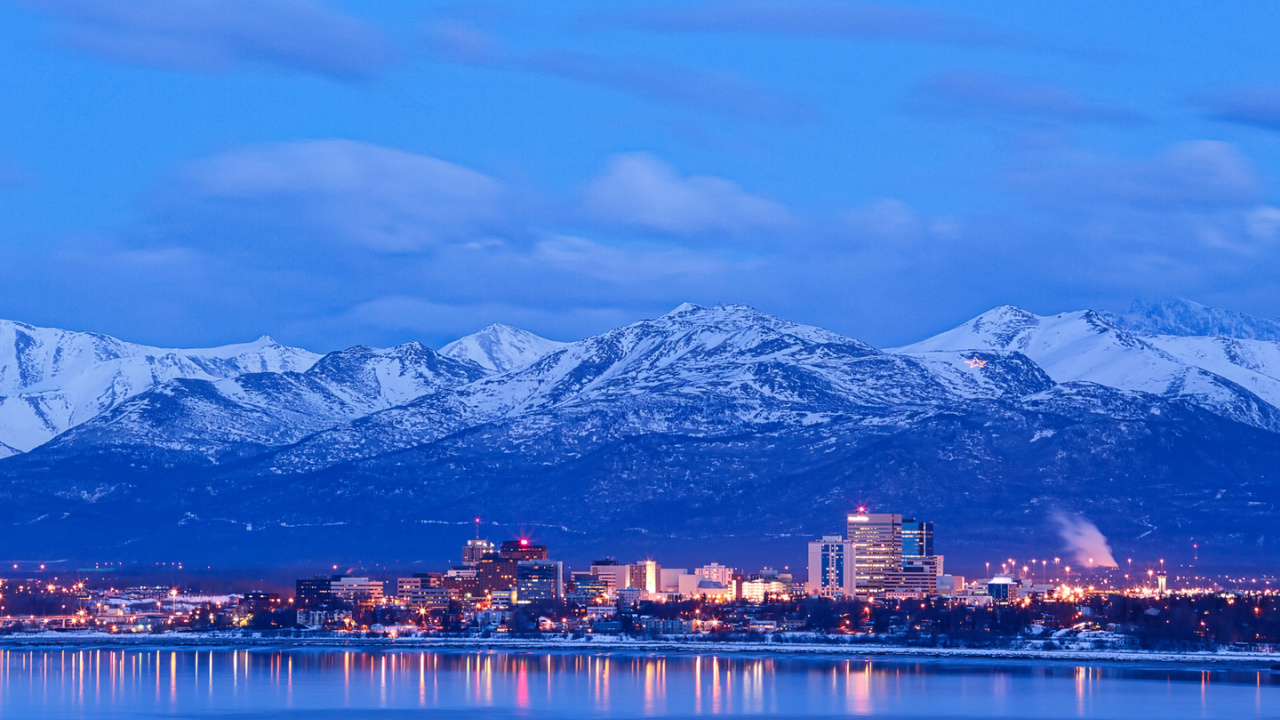
Choosing a refuge in the event of societal collapse involves weighing the pros and cons of each location against your personal preparedness goals and abilities. Whether you’re drawn to the solitude of the desert or the protective heights of the mountains, the key is finding a place that offers safety and the opportunity for growth and renewal.
Katy Willis is a writer, lifelong homesteader, and master herbalist, master gardener, and canine nutritionist. Katy is a preparedness expert and modern homesteader practicing everyday preparedness, sustainability, and a holistic lifestyle.
She knows how important it is to be prepared for whatever life throws at you, because you just never know what's coming. And preparedness helps you give your family the best chance to thrive in any situation.
Katy is passionate about living naturally, growing food, keeping livestock, foraging, and making and using herbal remedies. Katy is an experienced herbalist and a member of the CMA (Complementary Medical Association).
Her preparedness skills go beyond just being "ready", she's ready to survive the initial disaster, and thrive afterward, too. She grows 100% organic food on roughly 15 acres and raises goats, chickens, and ducks. She also lovingly tends her orchard, where she grows many different fruit trees. And, because she likes to know exactly what she's feeding her family, she's a seasoned from-scratch cook and gluten-free baker.
Katy teaches foraging and environmental education classes, too, including self-sufficient living, modern homesteading, seed saving, and organic vegetable gardening.
Katy helps others learn forgotten skills, including basic survival skills and self-reliance.
She's been published on sites such as MSN, Angi, Home Advisor, Family Handyman, Wealth of Geeks, Readers Digest, and more.
